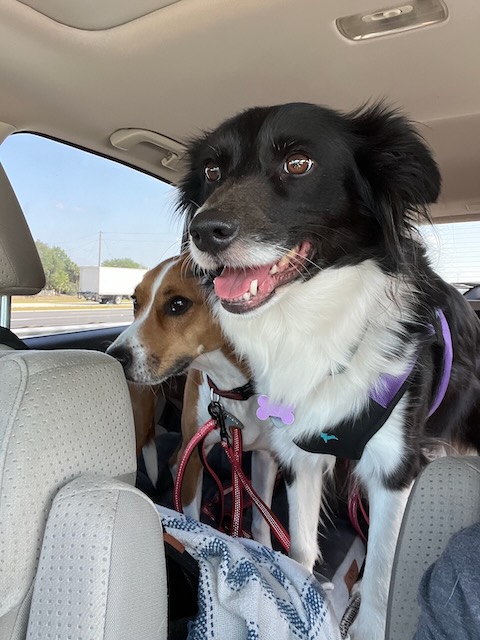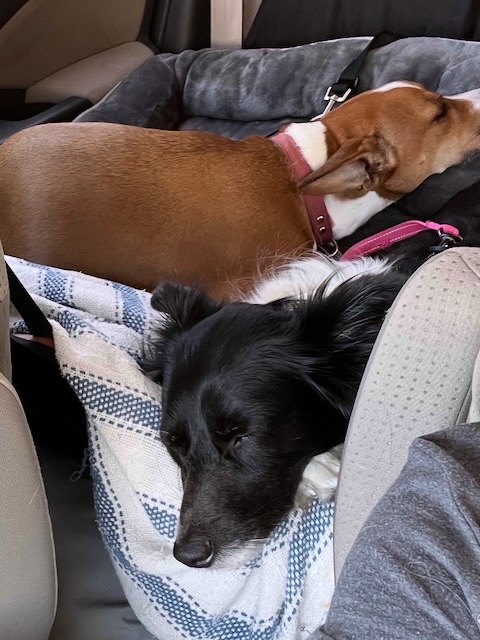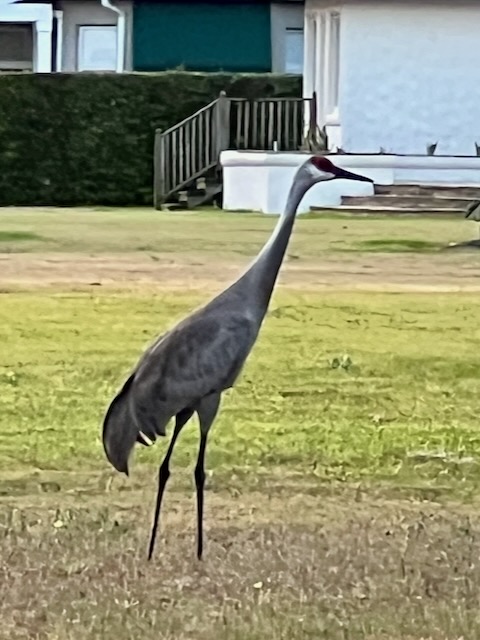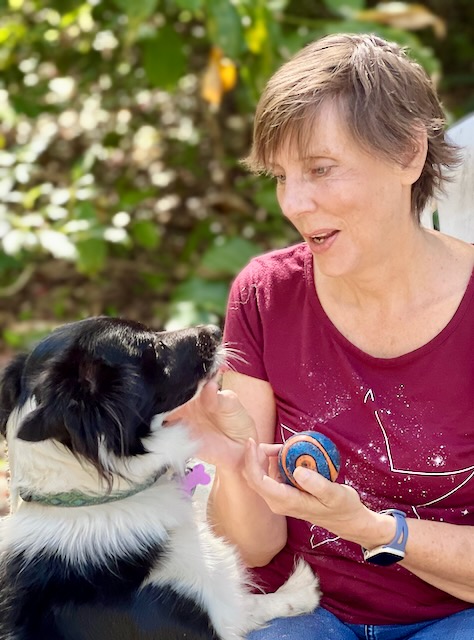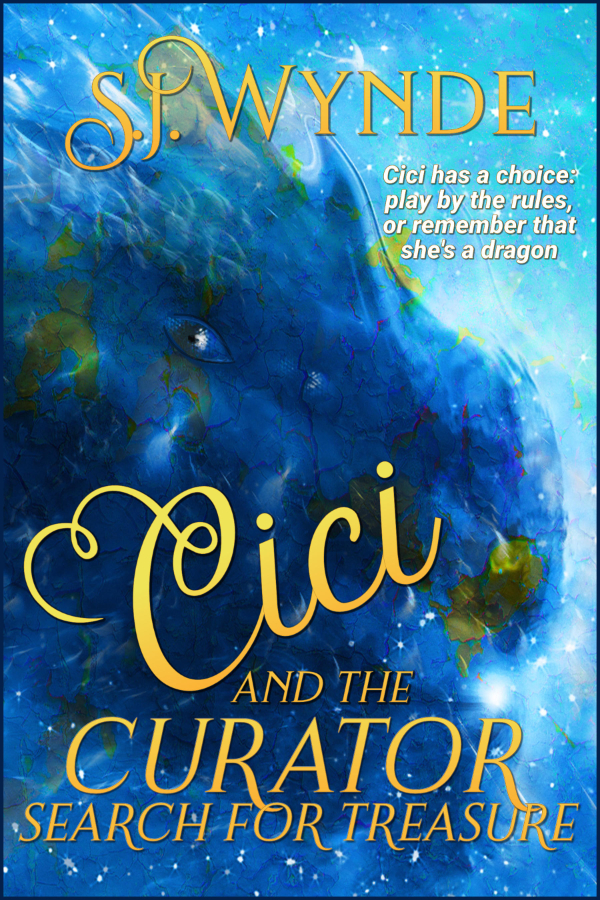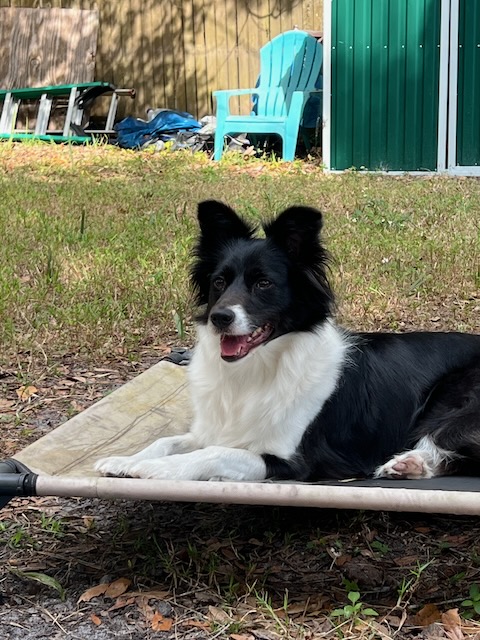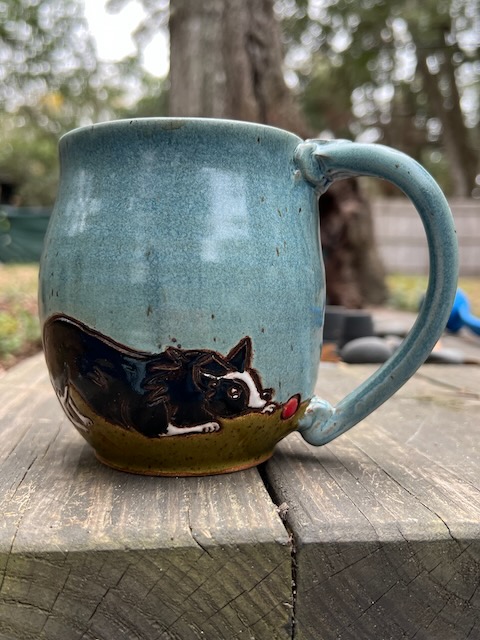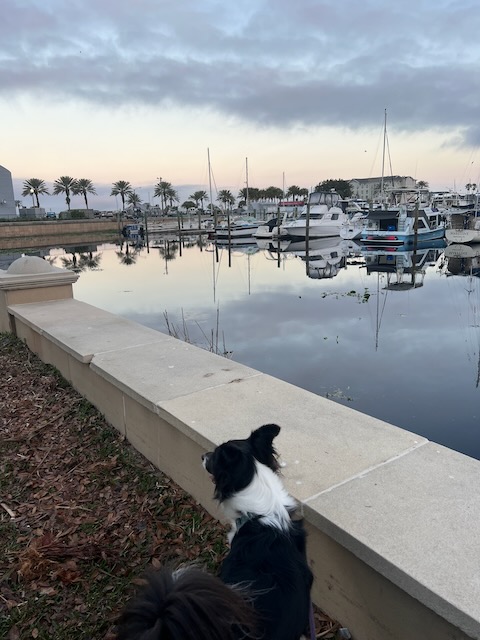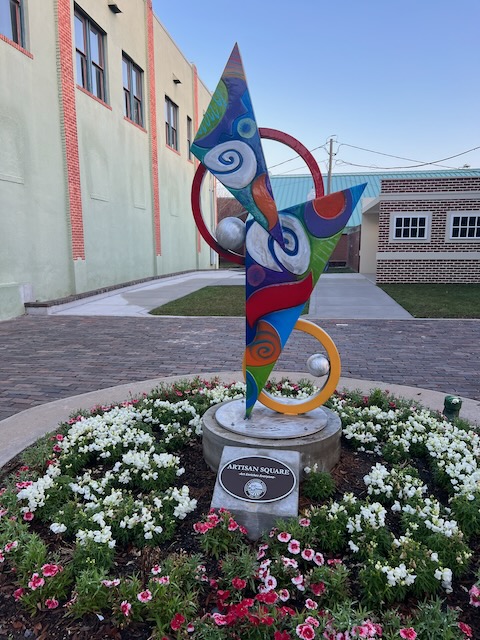I’ve been listening to the sound of the rain all morning and really just loving it. It’s so beautiful, so peaceful. It probably took me a solid hour of appreciation to realize that what I am really appreciating is the lack of construction noises. It’s been almost ten months of construction happening on the street outside my window and the sound of beeping trucks and clanking machinery has become background noise.
Except not really, because it still annoys me. They started work at 7:30 on Saturday morning, the second Saturday morning in a row that they’d been working, and I wanted to scream. It’s not as if I was sleeping, but still, does every single morning coffee have to be accompanied by the beep, beep, beep of trucks backing up? Answer: yes, apparently. Except not today, because the lovely rain is falling.
My next-door neighbors do beat out heavy machinery for aggravating noises, because She is impossible to ignore. I say She, because it is the woman of the household who does the yelling. I blame the neighbors as a whole, though, because she’s not yelling at herself. She recently spent one entire day — also a Saturday — screaming at her male partner, telling him to get out of her house, over and over and over again. I kid you not, hours worth of yelling. Hundreds of times. I could hear her from inside, with my windows closed, and it made playing ball with Sophie in the backyard just impossible. It was like listening to fingernails on a chalkboard. But I guess maybe he thinks it’s his house, too, because he didn’t leave, he just let her yell.
So yeah, construction trucks’ noises beat angry neighbors’ noises, but the sound of rain is much to be preferred, so today I get to appreciate the quality of the sounds in my room instead of trying to figure out how to drown them out. (My housemate gave me a white noise machine soon after I moved in, because he said he wasn’t using it; it’s become a treasured possession, wouldn’t want to live without it now. But it’s nice to not need to fill the air with the sounds of static.)
I was thinking recently about life rules that take you a long time to really learn. I was washing dishes at the time, and trying to rush, so of course, I dropped a glass and broke it, and then I had broken glass to clean up, which made the whole thing take a lot longer. There’s a line that’s used sometimes in litrpg books, which I think comes from military training: slow is smooth, smooth is fast. When I rush while washing dishes, it’s not smooth, and in the end, it’s not fast either.
Second example, same thing, putting the cover on my golf cart. I want to just whip it over the top and drop it into place. That does not work. Period. Does Not Work. Why do I keep trying? What works is to pull one side halfway up, go around the cart to the other side, pull that side a little more than halfway, go back to the first side, pull some more, go back to the second side, pull some more. Works beautifully. Takes probably half the time of the fiasco that ensues every time I try to just throw it up and pull it from the front. Slow is smooth, smooth is fast.
And the third example, the project I’m working on, which I am going to get back to just as soon as I finish these words. It’s taking me much too long, but why? Because I tried to rush. I wanted to finish it quickly. And so I wrote a bunch of lousy words, and wrote myself into a hole, and then got stuck and stopped writing, and started hating it and hating writing and… yeah. Got myself to that place.
I wish I was a faster writer, I wish I trusted my words and my instincts more, and didn’t fight with my subconscious so much. But at the moment, what I need to remember is that slow is smooth, smooth is fast, and word by word will get me somewhere eventually.

This little anole was licking condensation off my glass the other day, so I gave it an ice cube. I thought at first that I’d scared it off, but it came back after a few seconds and gave it a try. You can’t tell from its expression, but I’m pretty sure it was grateful.

